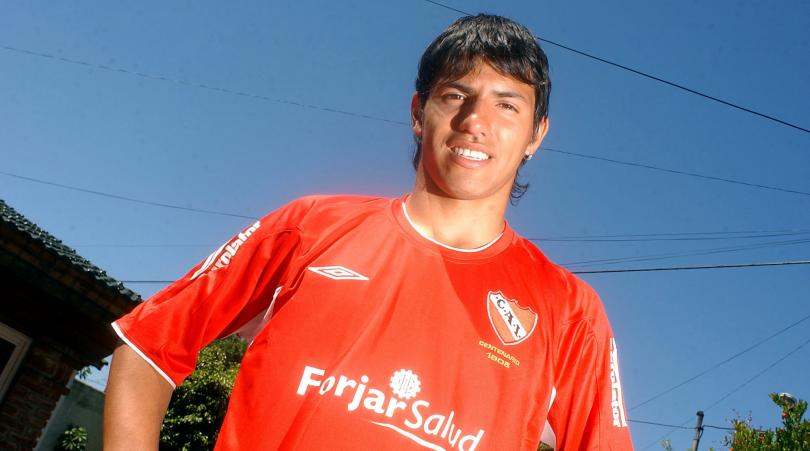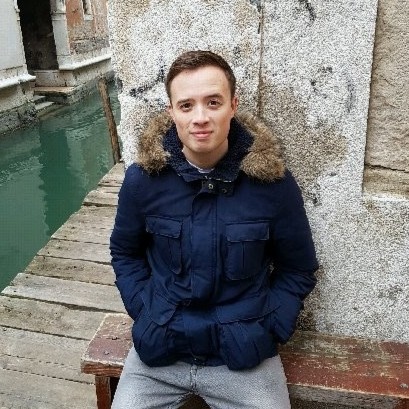Who are the Golden Boy winners since 2003 – and what happened to them?
Borussia Dortmund's Erling Braut Haaland has scooped the 2020 award, so we take a look at where its previous winners wound up
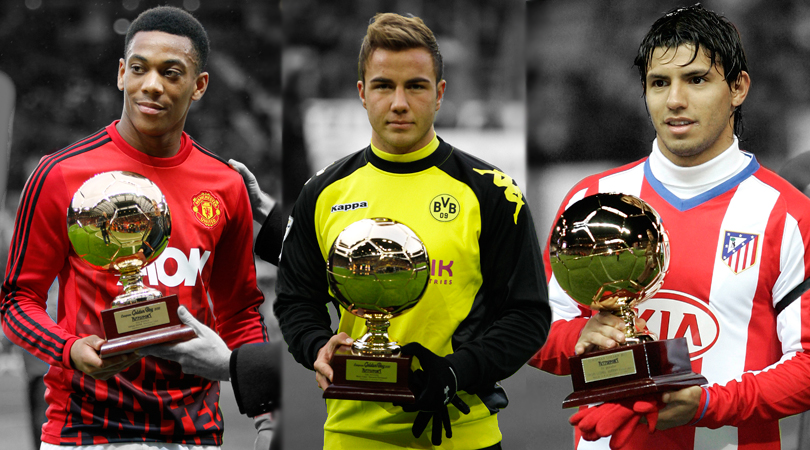
The Golden Boy Award has been handed out by journalists since 2003, and recognises the best footballer in the world aged 21 or under for their achievements over a calendar year.
It was started by Italian outlet Tuttosport, but has since expanded to include representatives from The Times (UK), De Telegraaf (Netherlands), L'Équipe, France Football (both France), Marca, Mundo Deportivo (both Spain) Bild (Germany), Blick (Switzerland), A Bola (Portugal), Ta Nea (Greece) and Sport Express (Russia).
Borussia Dortmund's Erling Braut Haaland has won the 2020 award, beating off competition from Barcelona's Ansu Fati, who came second, and Bayern Munich's Alphonso Davies in third. Norwegian teenager Haaland – the first winner to be born in the 21st century – scored 44 goals for Red Bull Salzburg and Dortmund last season, and has added 11 in 11 games so far in 2020/21.
But whose footsteps does Haaland follow in?
2003: Rafael van der Vaart (Ajax)
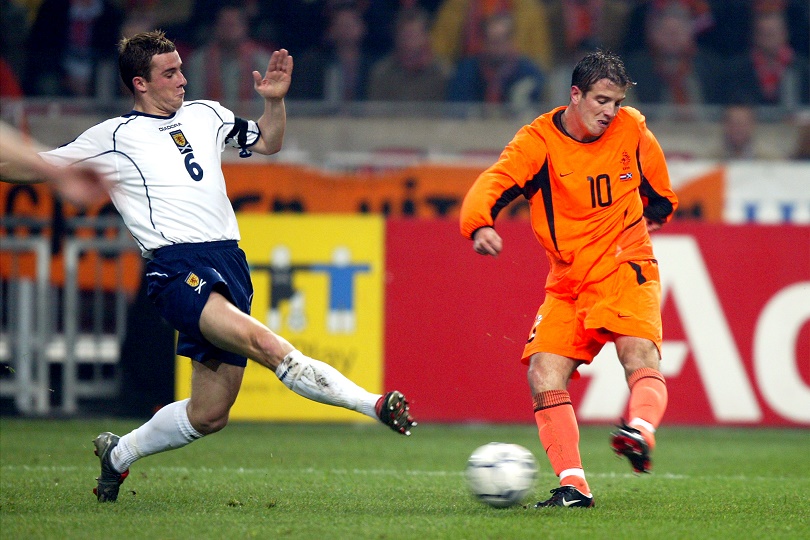
Van der Vaart was earmarked for greatness very early in his career. Having honed his skills on the streets of Amsterdam close to the trailer park he grew up in, the Dutchman was scooped up by Ajax aged 10 and moulded into the technically excellent player who would leave them 12 years later for Hamburg.
The Dutchman was a first-team regular by the age of 17 and won the Eredivisie twice, in 2002 and 2004, establishing himself as a goalscoring midfielder with 14 league strikes in 2001/02 and another 18 the following campaign (from an injury-curtailed total of just 41 appearances altogether).
Those injuries took their toll. Van der Vaart’s stock fell before his surprising 2005 switch to Hamburg – much to Johan Cruyff’s disgust, among others – but his move to northern Germany was a wise one. In 2008 he was snapped up by Real Madrid for €13m, spent two trophyless seasons in the Spanish capital and then moved to Tottenham, where he was a popular figure for two campaigns before re-joining Hamburg.
Get FourFourTwo Newsletter
The best features, fun and footballing quizzes, straight to your inbox every week.
That was the beginning of the end: Van der Vaart was deteriorating at the same rate as his club, and they followed up a seventh-place finish in 2013 by twice almost getting relegated. A move to Real Betis was even worse – he barely featured and left the La Liga strugglers after a year. He retired in 2018 after stints in Denmark with Midtjylland and Esbjerg.
2004: Wayne Rooney (Manchester United)
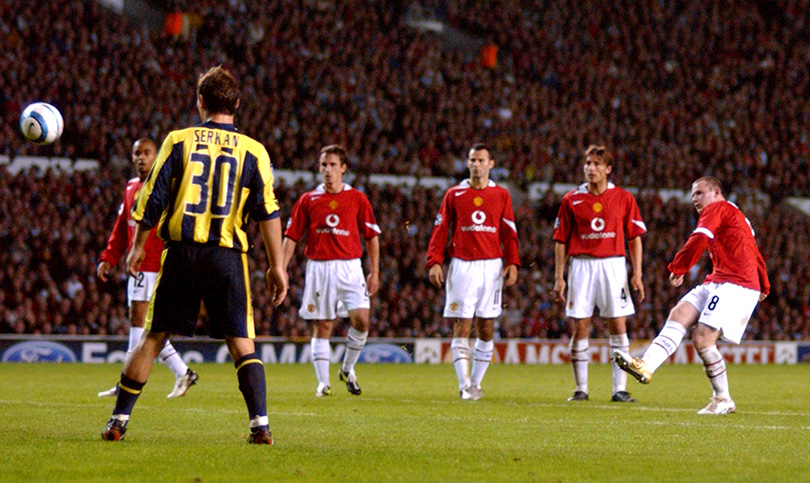
Having followed up two seasons in Everton’s first team with an excellent Euro 2004 for England, it was only a matter of time before the country’s golden boy moved on to bigger things. Newcastle wanted the striker; Manchester United got him for a shade over £25m – at the time a record for a player under 20.
Under Fergie’s wing he achieved a Premier League-best haul of 11 goals in his debut campaign, then followed that with 10 more seasons of double figures (including two above the 25-mark), firing United to five title wins and a Champions League trinket in the process.
Major tournament success with England was always elusive, though, despite Rooney breaking the all-time scoring record in 2015 and becoming his country’s most-capped outfielder in September 2016. Both of those latter achievements only masked a worryingly slide, though: Rooney wasn’t quite right from the late Fergie years onwards.
2005: Lionel Messi (Barcelona)
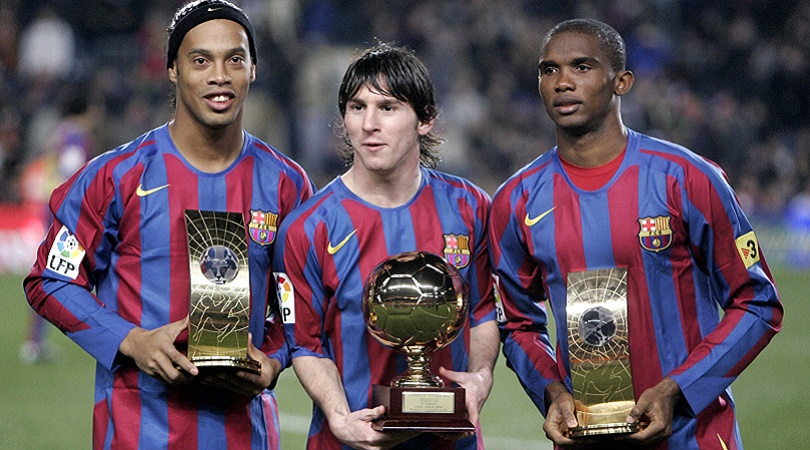
“I’d never seen anything like it from a teenager,” cooed Fabio Capello after watching world football’s new boy wonder dismantle his experienced Juventus side in a 2005 pre-season friendly in Barcelona. “At the end of the game, I went up to Frank Rijkaard and asked to loan him for the season, because they already had three non-EU players [Messi was due to receive his Spanish passport the following month]. He just laughed and said: ‘No chance’.”
RETOLD A teenage Messi tears apart Juventus, recalled by the FourFourTwo writer who saw it
He’d finally arrived properly. Barça already knew what they had in the pint-sized prodigy, of course, but now everyone else was seeing it too. Messi at this point wasn’t the free-scoring freak of today, but his dribbling skills dropped jaws and he was already considered among the world’s best when he was barely out of his teens.
“Best in the world? I’m not even the best at Barça,” chuckled Brazilian great Ronaldinho to FFT in late 2005 – but he really wasn’t joking. The buck-toothed trickster’s brilliance was mesmeric but frustratingly fleeting, unlike Messi who has lasted the course and somehow got better with age.
Ten Liga titles with Barcelona and another four in the Champions League only tell a portion of the story for a player who's scored 604 goals in 692 games for his only club. At 32 he’s still just as frightening.
2006: Cesc Fabregas (Arsenal)
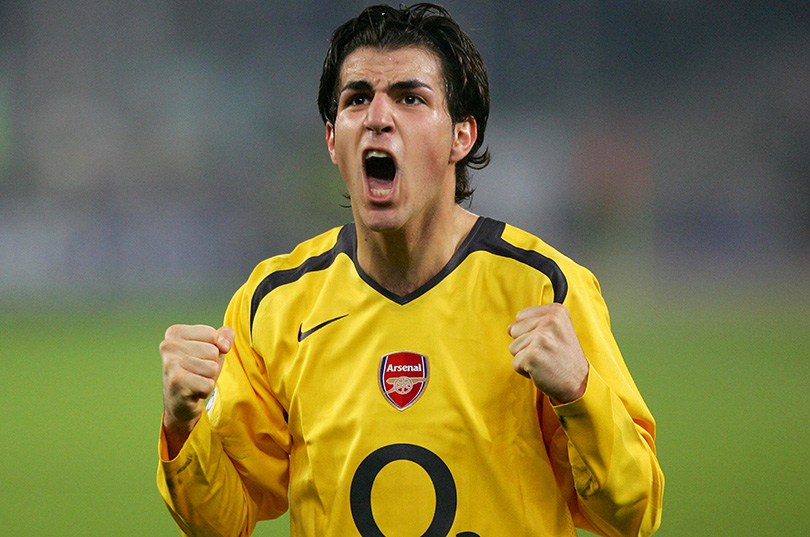
Chucked into Arsenal’s first team at 16 three years earlier, Fabregas became a regular in Arsene Wenger’s side from the following season onwards, playing alongside the seasoned likes of Gilberto Silva and Patrick Vieira.
The Spaniard arguably goes down as Wenger’s greatest student to date; a player who was forced to take on a great weight of responsibility after Vieira’s departure to Juventus in 2005, and responded with consistently impressive performances. By the time of his Golden Boy win in 2006, aged 19, he was already over three-quarters of the way to 100 appearances in the Premier League.
But the trophies never came. Fabregas had lifted the FA Cup in 2005 but didn’t get to taste success with Arsenal again, so returned home to Barcelona in 2011 to win La Liga (but not the Champions League) in 2013. His homecoming hardly went to plan, though, and a 2014 switch to Chelsea was right for all parties.
2007: Sergio Aguero (Atletico Madrid)
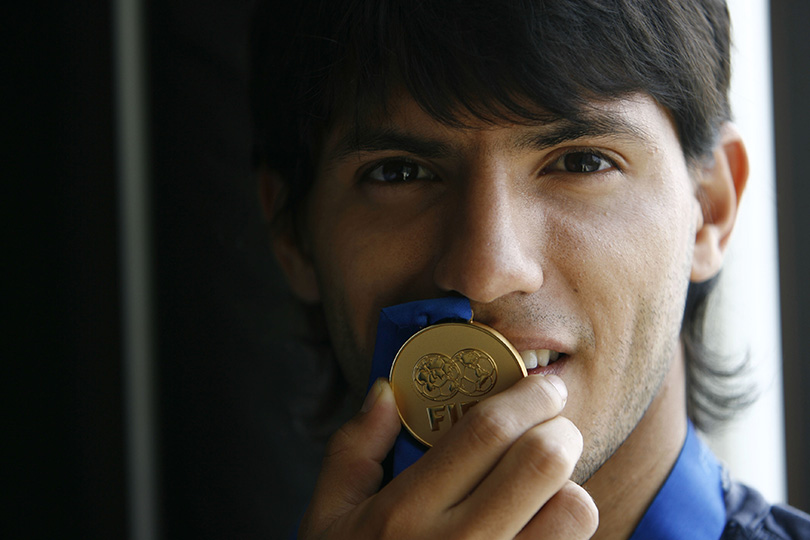
When you make your senior debut aged 15, people are going to expect a lot from you – just ask Freddy Adu, who played at the ludicrous age of 14. And when you score what might just be your club’s greatest-ever goal just two years later… well, you get the picture.
Aguero did both of these things for Independiente before a €23m move to Atletico Madrid in 2006, where he continued his scary ascendency by replacing the Liverpool-bound Fernando Torres. A fine start to that 2007/08 season – he netted seven times in the first 11 games, including an opening-day effort against Real Madrid – proved good enough form to land him the Golden Boy crown.
In his final campaign at Atleti (2010/11) he struck 20 goals, earning the Argentine a £38m move to Manchester City that’s proved brilliant value for money.
2008: Anderson (Man United)
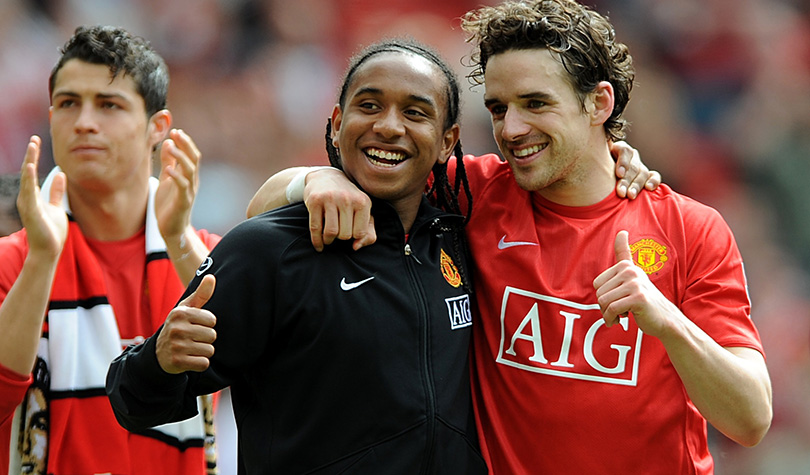
“Aaaaaan-deeerrrr-son, son, son, he is better than Kleberson…” went the chant at Old Trafford, to the tune of Black Lace’s 1984 nonsensical nightmare Agadoo. It was supposed to be a glowing tribute to better times (it also included a line about excrementing on Cesc Fabregas, which didn’t turn out so well) – but over time it became clear that Anderson wasn’t going to live up to his carefree early days from Brazil.
He was touted as the ‘new Ronaldinho’ after some scintillating early displays for Gremio in attacking midfield which earned him a move to Porto – but it was a position and reputation which had long been forgotten by the end of his United career in 2015.
Alex Ferguson was tempted by the Brazilian’s industry and fine technical ability when he paid around £20m for the then-19-year-old’s services in 2007, but Anderson was uncomfortable in his new role and barely troubled opposition goalkeepers like he used to – indeed, over 40 games passed before he scored his first goal.
Injuries didn’t help his cause, and nor did the consistently brilliant Paul Scholes, who was simply a much better player and replaced his younger team-mate after reversing his decision to retire in 2012. In 2014, Anderson was loaned to Fiorentina (who decided against making the move permanent), before he finally ended his long affiliation with United for good with a return home to Brazil and Internacional in February 2015.
2009: Alexandre Pato (Milan)
You wouldn’t have believed it looking at the unfit, past-it Brazilian who shuffled around occasionally for Chelsea in 2015/16, but Pato was once the talk of youth football during his early days at Internacional.
Milan paid around £13m for him in 2007, and he responded with nine goals in his first 18 Serie A games. For the first four seasons, in fact, things were very good: though it took until his final good campaign of 2010/11 to win the title with Milan, the Brazilian had bagged 50 league goals in 102 games for the Rossoneri up to that point.
But then came the injury problems. First there was a thigh issue, then a muscle strain after an aborted move to PSG, then another thigh aggravation. It was the beginning of the end for Pato’s time at Milan: he joined Corinthians for €15m in 2013 and scored on debut, but his form soon suffered and he angered fans further with a dreadful Panenka penalty which knocked his team out of the Copa do Brasil.
He threatened a revival with a temporary spell at Sao Paulo, but by the time he returned to Corinthians his parent club were desperate to get shot of a high-earning underperformer. That’s when Chelsea stepped in, after Pato had turned down a mega-money move to China – but the Blues predictably elected not to snap him up permanently. Villarreal did in summer 2016, paying just €3m for 60% of his rights (oddly, Pato owns the other 40%). Eventually, he relented on China, joining Tianjin Quanjian in January 2017. Now he's back at Sao Paulo.
2010: Mario Balotelli (Manchester City)
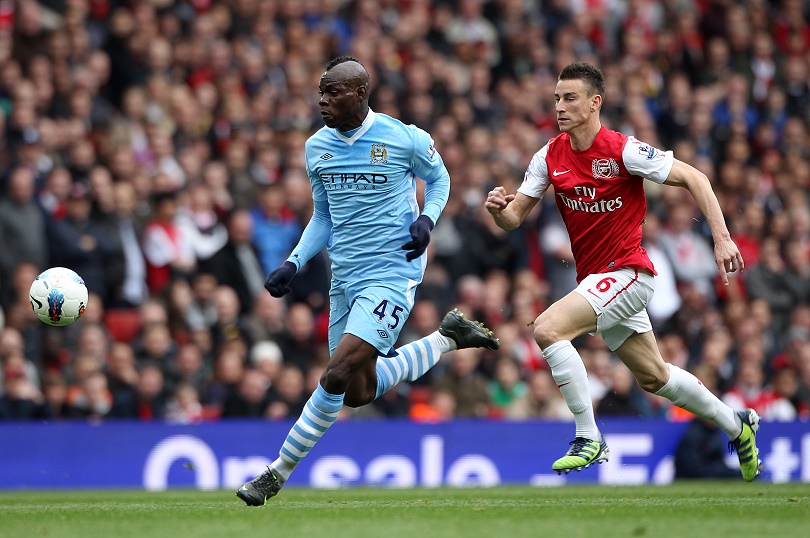
Flash cars, fireworks, darts, t-shirts and trouble with training bibs: sadly for Balotelli it’s these, and not his actual football, that he’s best remembered by.
And yet back in 2010 it all looked so good. Sure, he arrived at Manchester City with a boyish reputation, but it was fun – and best of all he could play a bit too. Having hit 20 Serie A goals in 54 appearances before his 20th birthday, and made his Italy debut two days before his switch to Eastlands, Balotelli was proving himself as a refreshing young footballer who was backing up his chat on the pitch.
After a speckled start at City – injury and suspension were married with sporadic goals – he won his Golden Boy award with typical grace, beating Arsenal’s Jack Wilshere to the trophy. “What's his name? Wil... ? No, I don't know him, but the next time I play against Arsenal I will keep a close eye on him,” said the Italian of his rival. “Perhaps I can show him the Golden Boy trophy and remind him that I won it.”
Next in the firing line were the award’s former winners – well, almost all of them. “There's only one that is a little stronger than me: Messi. All the others are behind me. I’m delighted to receive the award, but who should have won it but me? Two years ago I finished sixth and then fourth in 2009. It was finally my turn. My aim is that this prize will transform itself into the Ballon d'Or. To have won this award is a good omen to achieve that.”
Unfortunately for Balo, his performances on and off the pitch weren’t. He was sent packing to Milan when Roberto Mancini tired of his antics, first on loan and then permanently, before Brendan Rodgers attempted to make the striker his pet project at Liverpool. He couldn’t, of course. “Joining Liverpool was the worst decision of my life,” Balotelli later rued.
2011: Mario Gotze (Borussia Dortmund)
When Gotze was named Europe’s best youngster in 2011, he’d already won the Bundesliga once and was on his way to doing it again the following year.
Poster boy of Jurgen Klopp’s youthful Dortmund revolution, Gotze was the 2010/11 Bundesliga’s second-highest assister as his team smashed Bayern Munich to clinch the title, and he began the following campaign in similar form – Dortmund lost only three of their first 16 matches, but two of those came when their midfield prodigy was suspended.
His award in December was well justified, but it was followed by a hip injury that practically ended his season. He returned for the final three Bundesliga games, scoring in the second, as Dortmund scooped the title for the second year running.
Gotze stayed at Signal Iduna Park for another season before being lured to Bavaria by Bayern, but his starting opportunities were far from guaranteed and his final season was marred by injury and form troubles. Despite Pep Guardiola declaring his love for the Germany international he couldn’t always find space for him, so Gotze crawled back to Dortmund in summer 2016 for €26m. “Today, three years later and at 24, I look at that decision [to leave] in a different light,” he later mumbled.
2012: Isco (Malaga)
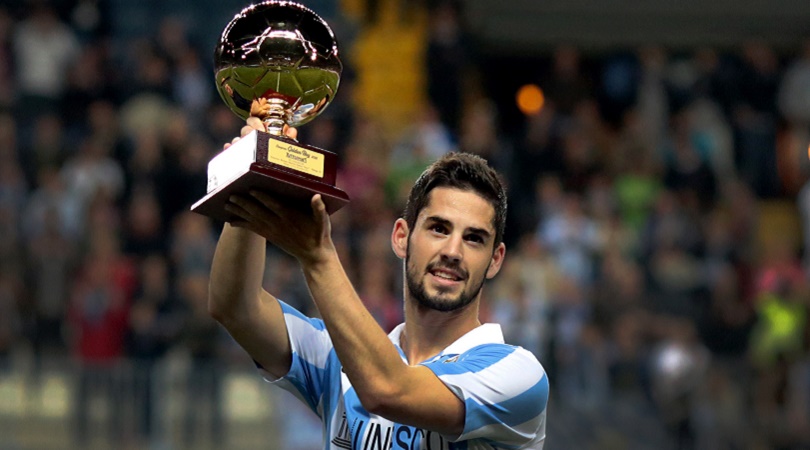
Valencia may have developed and sold some fine players over the years, but they’re also really good at making mistakes. Losing Isco for just €6m in 2011 has proved one of those, having afforded him few opportunities (perhaps understandably so) in the 2010/11 campaign as they secured Champions League football.
Malaga were only too happy to have him, snaffling the young Spaniard on a five-year contract after triggering his ludicrously low buyout clause. The Boquerones threw in their new 19-year-old from the start, and he repaid his new team by helping them qualify for the Champions League in fourth place.
In the following campaign under Manuel Pellegrini, his Golden Boy year, Isco helped Malaga to a fine Champions League run; they escaped the group stage, then beat Porto and were only denied a place in the semi-finals by two last-gasp Dortmund goals – one of them incredibly offside. Malaga finished sixth in La Liga too – but Isco wasn’t done there. He followed up an excellent season with a starring role in Spain’s dominant U21 European Championship success and joined Real Madrid for €30m amid other interest from Manchester City.
2013: Paul Pogba (Juventus)
Alex Ferguson may have been unwilling to satisfy Pogba’s hunger for regular football during his first spell at Manchester United, but sports journalists across Europe chose the midfielder as their Golden Ball winner in 2013, a year after he’d swapped north-western England for north-western Italy.
The Frenchman became a regular starter at Juventus after the 2012/13 winter break, immediately catching the eye with his impressive blend of athleticism and technique. Pogba started 13 of Antonio Conte’s side’s 17 games between the start of January and the beginning of May, ending the season with five goals to his name and a Serie A winner’s medal around his neck.
The 20-year-old continued in a similar vein at the start of 2013/14, excelling alongside Andrea Pirlo and Arturo Vidal in a star-studded midfield to scoop the Golden Boy prize ahead of Romelu Lukaku, Raphael Varane and Julian Draxler.
He spent another couple of seasons in Turin, both of which ended with Juventus securing a domestic double, and became an even more frightening prospect as he continued to develop. Pogba proved himself as a midfielder who could do it all, and while that occasionally worked to his detriment, he still managed to establish himself as one of the world’s best players at Juventus. A move back to United materialised in summer 2016, when the Red Devils happily spent a world record £89m to bring their former charge back to Old Trafford.
LONGFORM Being Paul Pogba – life as football's most scrutinised superstar
2014: Raheem Sterling (Liverpool)
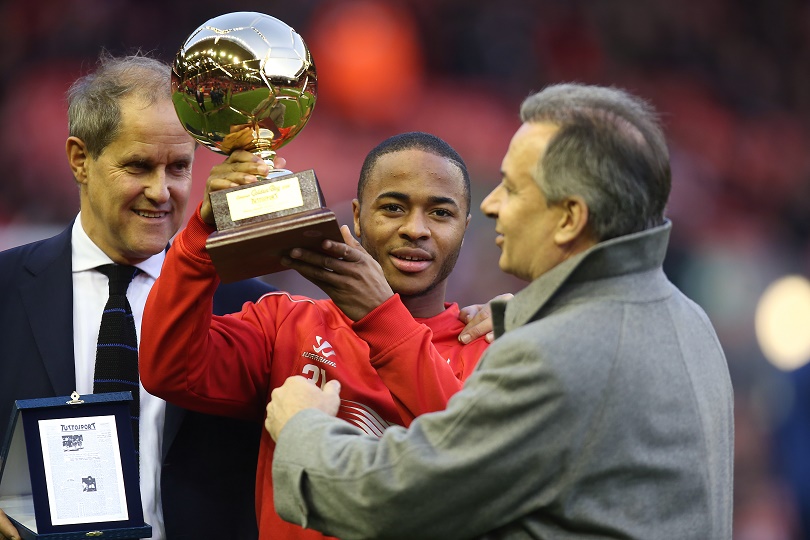
It may have been Luis Suarez and Daniel Sturridge’s goals that propelled Liverpool towards title contention in 2013/14, but Sterling was another essential member of Brendan Rodgers’ thrilling outfit. He entered 2014 in superb form having scored against Norwich, Tottenham and Cardiff in December, and his performances over the next few months made Premier League followers take notice of his prodigious talent.
With Suarez joining Barcelona that summer and Sturridge consigned to the treatment table for long periods, the teenage Sterling became even more important to the Reds in the following campaign – something that probably contributed to him winning the Golden Boy award shortly after his 20th birthday.
He joined Manchester City in the summer of 2015, but a £49m price tag seemed to take its toll: Sterling impressed in flashes, but his debut season at the Etihad Stadium was ultimately a little underwhelming. He also had a tough time at Euro 2016 in France, with a string of poor performances making him an easy scapegoat for a disgruntled fan base and blood-baying media.
Step forward Pep Guardiola. The winger blossomed into a different player under the Catalan’s guidance, rediscovering the attributes that marked him out as an elite prospect. He's now talismanic for club and country.
2015: Anthony Martial (Manchester United)
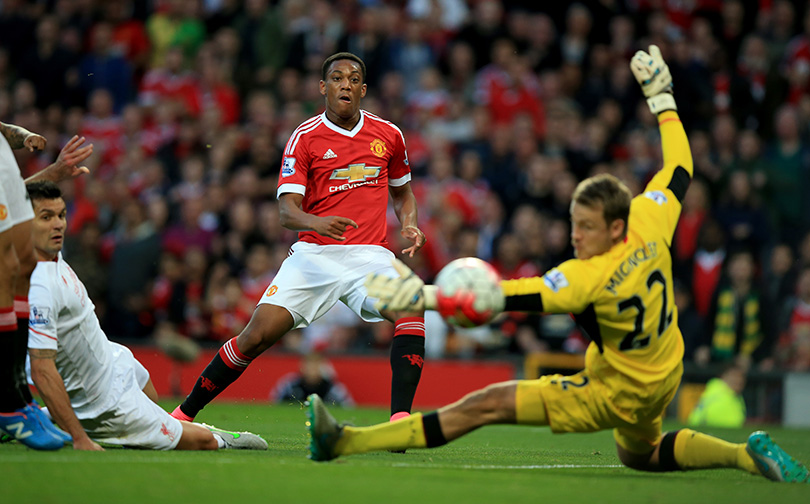
Martial had only started 14 Ligue 1 matches before 2015, so the fact he ended that year as the (then) most expensive teenager footballer of all time demonstrates what an excellent 12 months the Frenchman enjoyed.
He netted 11 times for Monaco in the latter half of 2014/15, with his domestic form leading to a first senior call-up for France by August. Just days after that landmark, Manchester United paid £26m to bring the then-19-year-old to the Premier League; a move dismissed as a panic buy by many at the time.
Such notions were soon silenced. Martial scored a stunning solo goal on his debut against Liverpool – the ideal way to get United fans on his side – before netting a brace against Southampton eight days later. He’d already become a regular for United by the end of 2015, and it was no surprise to see him named Golden Boy in December.
He was just as good in the second half of 2015/16, frequently providing the pace and improvisation that Louis van Gaal’s dreary side otherwise lacked in the final third, with his late strike against Everton in the semi-finals of the FA Cup putting United on the path towards silverware.
His 2019/20 season was his most prolific to date, with 23 goals in all competitions.
2016: Renato Sanches (Bayern Munich)
On a basic level, Sanches went from sealing a €35m move to Bayern Munich and Euro 2016 glory with Portugal to playing for Swansea in little over a year. That came with a couple of caveats, however: first that his stint in south Wales was only temporary; second that it perhaps wouldn't have happened at all were it not for Paul Clement.
Sanches was a rightful recipient of this award in 2016. Having broken into Benfica's first team with a string of thrilling performances in central midfield – helping the Eagles reach the Champions League quarter-finals, where they only narrowly lost to Bayern – the teenager got into Portugal's Euro 2016 team on merit. He was a standout performer for them too, a fearless hustler who carried possession from box to box and earned the Young Player of the Tournament prize to go with his winner's medal.
His first year at Bayern proved overwhelming in the end, though: Sanches never really recovered from a hairy debut and was scarcely trusted by Carlo Ancelotti, who could regularly call upon a crop of more experienced and reliable stars instead. Six Bundesliga starts were the sum of his travails in that debut campaign, but despite something of a resurgence in 2018/19 he was sold to Lille for €25 million in summer 2019.
2017: Kylian Mbappe (PSG)
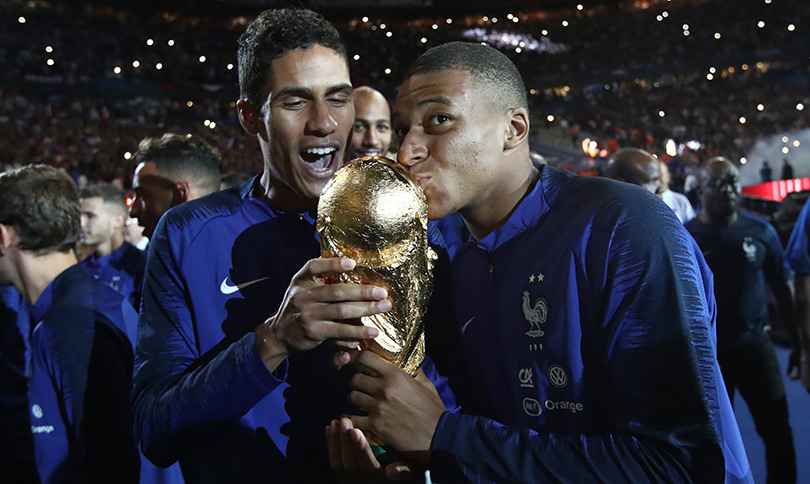
Mbappe reached the halfway mark of 2017 by becoming the second-most expensive player in football history when PSG agreed a potential €180m to sign him (once an initial season-long loan had been completed). Better still, he looked absolutely worth it after helping fire Monaco to a shock Ligue 1 title and the semi-finals of the Champions League.
Aged 18, Mbappe had ended the 2016/17 season with 26 goals in 44 matches, including crucial ones against Manchester City and Borussia Dortmund en route to the final four of Europe's elite competition. Before that he'd made his full France debut in March – one of 10 caps for the calendar year – and become the second-youngest player in Bleus history.
At PSG he continued his upward trajectory in forming a devastating frontline alongside Neymar and Edinson Cavani: Mbappe scored on his debut against Metz, then against Celtic in the Champions League mere days later. By December he'd become the youngest player to score 10 goals in the competition... then spent his summer winning the World Cup with France. Golden boy indeed.
2018: Matthijs de Ligt (Ajax)
There wasn't really a question of whether De Ligt would move on to bigger and better things in summer 2019 – the only unclear point was who it'd be with. In the end it was Juventus who shelled out €75 million to get the Dutch stopper and satisfy agent Mino Raiola, ahead of Barcelona – who long looked like frontrunners for his signature throughout the window.
This Golden Boy award came in the middle of a brilliant season where Ajax came within a whisker of making the Champions League final, only to throw away a 3-0 aggregate lead against Tottenham and crash out in heartbreaking fashion. That they even made the final four was testament to a remarkable campaign in which they skittled Real Madrid and ended the campaign with another Eredivisie title.
2019: Joao Felix (Atletico Madrid)
Joao Felix is a funny one. He still hasn't looked quite up to the hefty (gulp) £113m transfer fee Atletico Madrid paid for him in 2019 – but with a seven-year contract, it's fair to say they are looking to the future.
His debut season in Spain was unremarkable, with just nine goals from 36 appearances in all competitions.
This season, however, has seen him step up a little: he's already on eight goals from 17 appearances, and was La Liga's Player of the Month for November 2020.
While you’re here, subscribe to FourFourTwo and save 48% – available until Christmas. It’s the perfect gift idea for anybody who loves football (including yourself)!
NOW READ...
NO COST Amazon Prime Premier League games: How to watch 21 top-flight matches for FREE this December
NEWS How Sky's deal with Amazon Prime just made it easier to watch every Premier League game
GUIDE Premier League live streams: How to watch every game this week, from anywhere in the world
Joe was the Deputy Editor at FourFourTwo until 2022, having risen through the FFT academy and been on the brand since 2013 in various capacities.
By weekend and frustrating midweek night he is a Leicester City fan, and in 2020 co-wrote the autobiography of former Foxes winger Matt Piper – subsequently listed for both the Telegraph and William Hill Sports Book of the Year awards.
